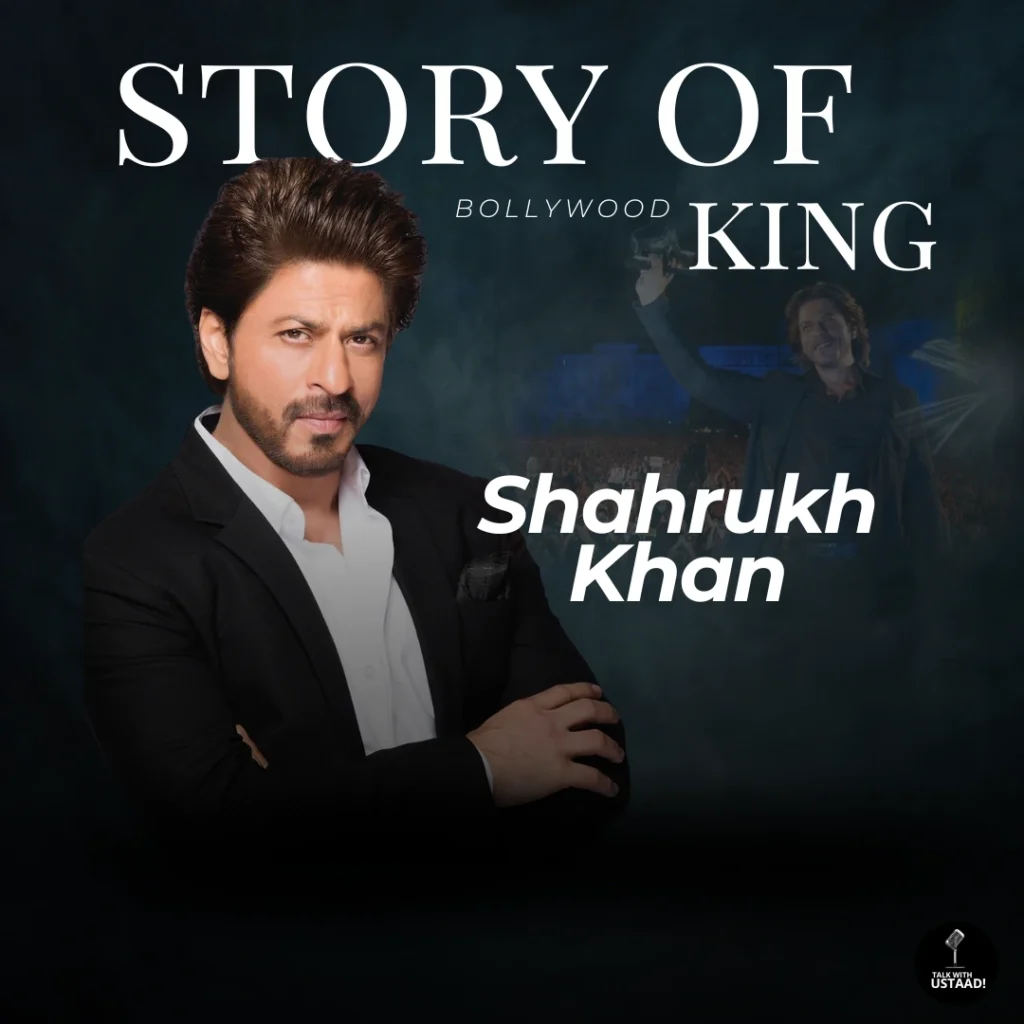Cristiano Ronaldo: A Legacy of Hard Work, Dedication, and Success
Cristiano Ronaldo, one of the most iconic footballers in the history of the sport, is a name that resonates across […]
Cristiano Ronaldo: A Legacy of Hard Work, Dedication, and Success Read More »



